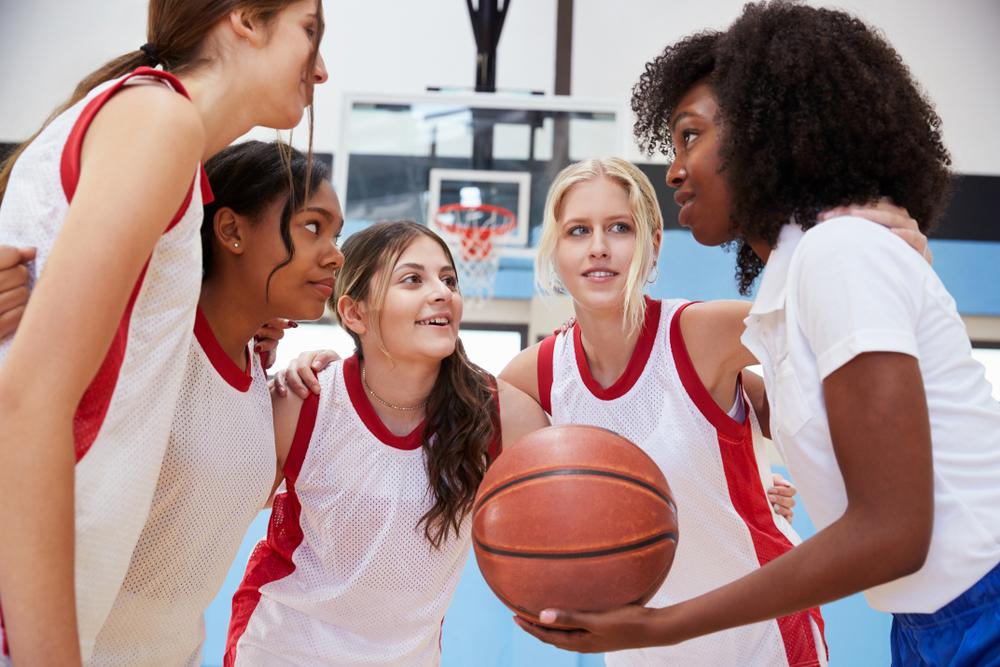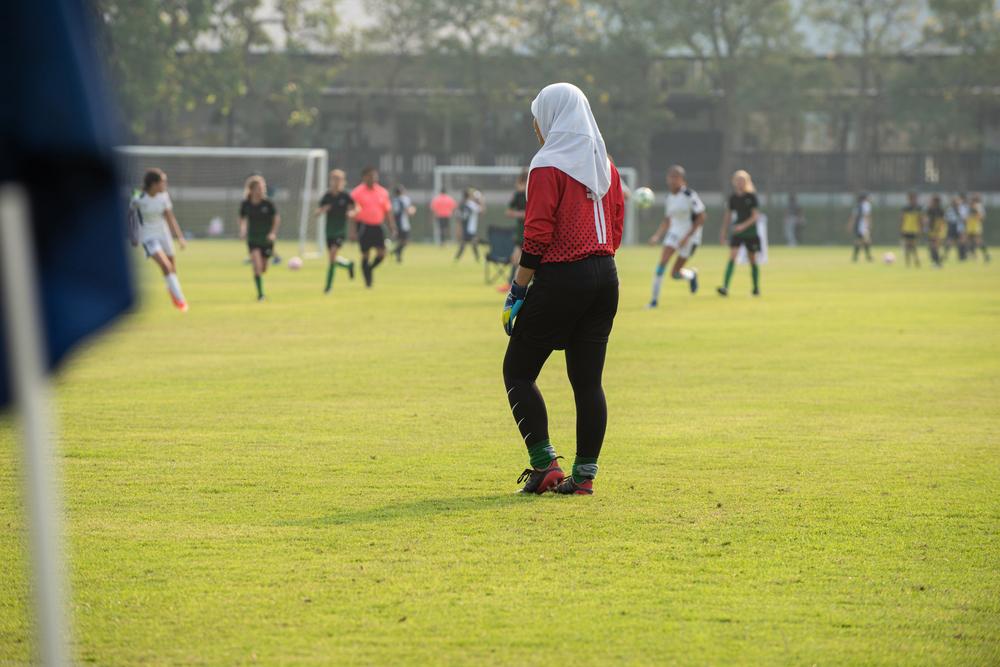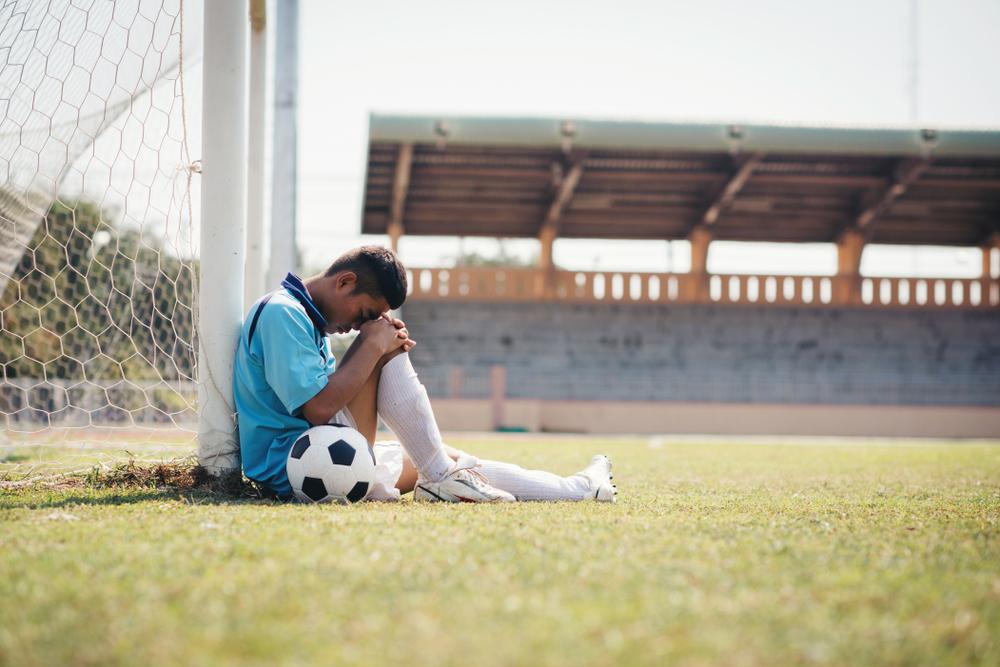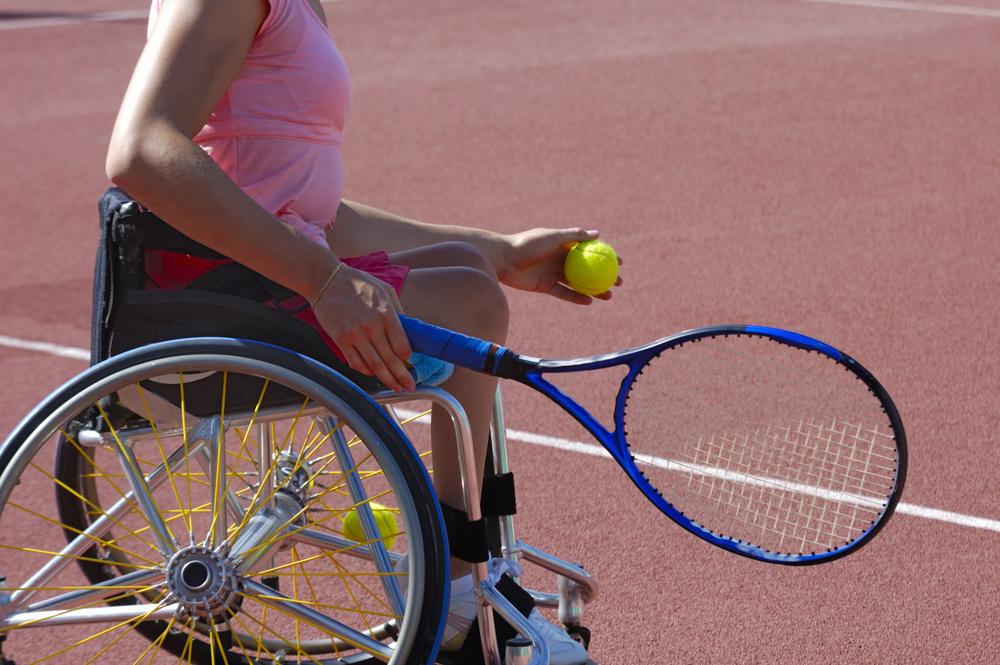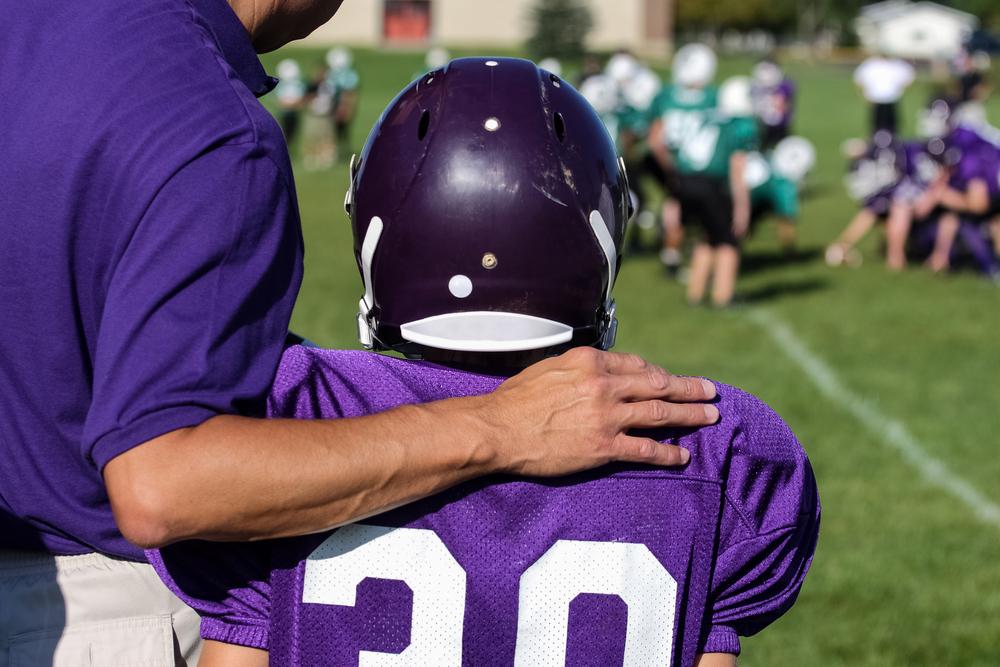 Team sports and individual sports both provide excellent opportunities for young athletes to learn about accountability, sportsmanship, resilience, and respect. But, athletes who compete individually in sports like swimming, track & field, cross-country, wrestling, and tennis learn these lessons differently than those athletes who participate in team sports like basketball, football, soccer, and volleyball.
Team sports and individual sports both provide excellent opportunities for young athletes to learn about accountability, sportsmanship, resilience, and respect. But, athletes who compete individually in sports like swimming, track & field, cross-country, wrestling, and tennis learn these lessons differently than those athletes who participate in team sports like basketball, football, soccer, and volleyball.
Athletes involved in individual sports are typically part of a team, with their individual results contributing to the team’s overall performance. Success in individual sports can provide a great sense of accomplishment and illustrate the direct relationship between hard work and positive outcomes. Because they are competing for both individual glory and their team’s success, individual sports place a high premium on accountability.
Here are four ways you can help your athletes hold themselves accountable.
1. Provide tools for success
Parents and coaches can help young athletes succeed by providing structure and tools they can use.
In bigger meets and competitions, coaches can design a simple system so athletes can access information easily, such as copies of line-up sheets posted in a specific area where the team is resting. Coaches can also make sure volunteer coaches, team parents, and team captains are informed, so there are a multiple points of reference for athletes.
2. Provide plans ahead of time
Before a meet, make sure athletes have a very clear plan for their workouts, warmups, and nutrition at the event. Parents and coaches can help athletes develop routines and checklists to reduce stress, anxiety, and last-minute panic.
Let the athlete use the information and follow through with the provided protocols, while anticipating that there will be mistakes as athletes learn to be more responsible.
3. For younger athletes, inform parents
Keep instructions as clear and simple as possible. Parents and coaches should recognize that young athletes naturally struggle to remember and execute tasks with multiple steps.
The ability to remember and complete more complex tasks is part of normal cognitive development throughout childhood and adolescence. Sports can be very helpful for developing this ability, but it’s important for parents and coaches to match their expectations with the cognitive abilities of their players.
When young athletes forget what they are supposed to do, or ask for the same instructions repeatedly, resist the urge to get frustrated. This is an important learning process for kids, so directives should be repeated firmly but without irritation. Setting athletes up for success means coaches and parents need to have patience.
4. Give praise for the process
For young athletes, taking on the responsibility to be ready for multiple heats and events during a meet is a big deal. Regardless of the event outcomes, make a point of praising athletes for their responsibility during the meet or match. Celebrating them for following directions or being self-reliant goes farther than public scolding for missing a directive.
